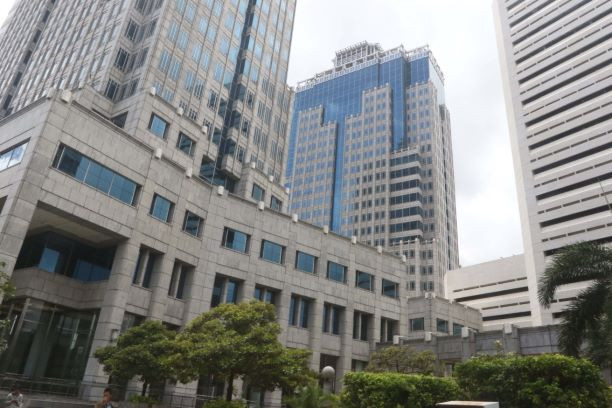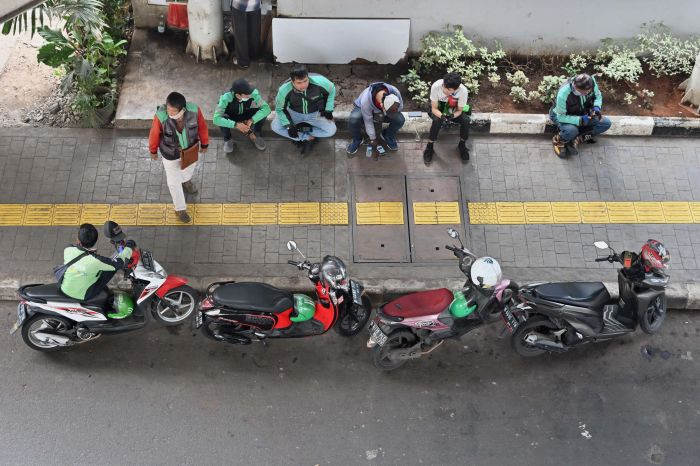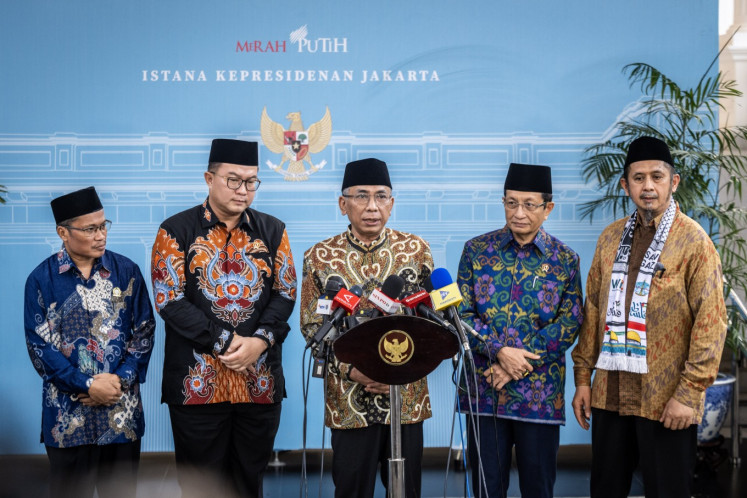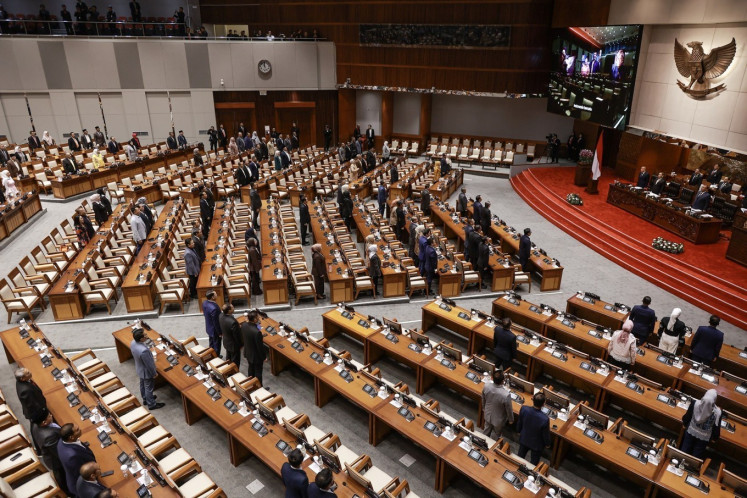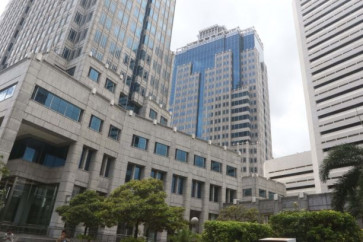Popular Reads
Top Results
Can't find what you're looking for?
View all search resultsPopular Reads
Top Results
Can't find what you're looking for?
View all search resultsWhy the President must shake up the financial sector
The revised Financial Sector Development and Strengthening (P2SK) Law must expand BI’s KPIs to include productive lending, employment and money supply relative to GDP.
Change text size
Gift Premium Articles
to Anyone
S
oemitro Djojohadikusumo, one of the most influential economists in the country argued in Kredit Rakyat di Masa Depresi (People’s Credit in a Time of Depression) that finance is never just about numbers. It is an instrument of social survival, a means to keep ordinary people afloat in times of crisis.
For Soemitro, people’s credit was not merely a financial tool, but a shield against despair and inequality. His message was simple yet powerful: The financial system must serve the people, not isolate itself in a tower of comfort.
Today, however, Indonesia’s three financial giants, Bank Indonesia (BI), the Financial Services Authority (OJK) and the Deposit Insurance Corporation (LPS) have strayed far from that vision. They are busy polishing their images while trust in the system continues to erode.
President Prabowo Subianto, Soemitro’s son, must intervene. Without bold action, Soemitro’s lesson will remain a relic, while the people pay the price of a hollow system.
Let us be frank. BI has grown complacent. Hiding behind “independence,” it clings to a single mandate keeping inflation low. Important? Yes. Sufficient? Absolutely not. For a developing country, inflation targeting alone is far too narrow. Operations to stabilize prices often look like cosmetic touch-ups before assessment periods, not structural solutions.
Worse, monetary transmission is sluggish. While other nations cut interest rates aggressively to spur productive lending, BI drags its feet. As a result, broad money (M2) in Indonesia amounted to only 41.6 percent of gross domestic product (GDP) in 2024, far below ASEAN peers that already surpass 100 percent. Our economy is forced to run on half a tank of fuel.
The velocity of money is equally grim at just 2.1 times, meaning effective per capita income is around Rp 32 million (US$1,920) a far cry from the official figure of Rp 78.62 million. The gap reflects real inequality (Gini ratio 0.407), yet BI’s Key Performance Index (KPI) remains fixated on inflation.

